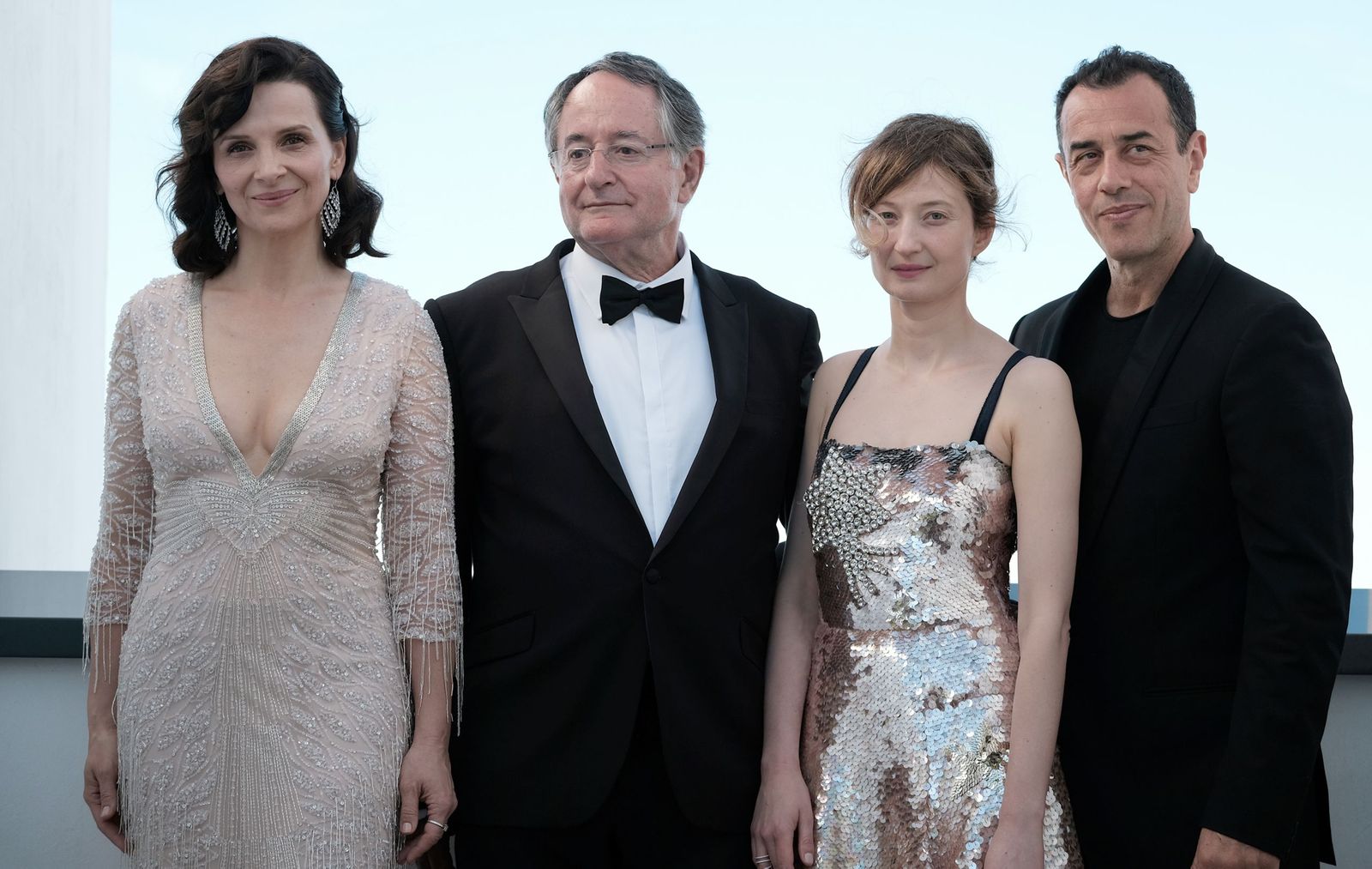Juliette Binoche
Juliette Binoche

Juliette Binoche, born on March 9, 1964, is a highly acclaimed French actress known for her versatile performances in both French and English-language films. She has collaborated with renowned directors such as Jean-Luc Godard, Jacques Doillon, André Téchiné, and Krzysztof Kieślowski, among others.
Binoche gained early recognition with her roles in films like "Hail Mary" (1985) directed by Jean-Luc Godard, "Family Life" (1985) directed by Jacques Doillon, and André Téchiné's "Rendez-vous" (1985), which established her as a star in France.
Her breakthrough came with her portrayal of a grieving music composer in Krzysztof Kieślowski's "Three Colours: Blue" (1993), for which she won the Volpi Cup and César Award for Best Actress. She further solidified her international acclaim with her role as a nurse in "The English Patient" (1996), earning her the Academy Award for Best Supporting Actress.
Binoche received critical acclaim and an Academy Award nomination for Best Actress for her performance in the romantic film "Chocolat" (2000). Her versatility as an actress was once again recognized when she won the Cannes Film Festival Award for Best Actress for her role in Abbas Kiarostami's "Certified Copy" (2010).
In addition to her film work, Binoche has made notable appearances on stage, including in a 1998 London production of Luigi Pirandello's "Naked" and a 2000 production of Harold Pinter's "Betrayal" on Broadway, which earned her a Tony Award nomination.
Binoche's artistic endeavors extend beyond acting; in 2008, she embarked on a world tour with the modern dance production "in-i," devised in collaboration with Akram Khan. Throughout her career, Binoche has continued to captivate audiences with her talent, versatility, and dedication to her craft.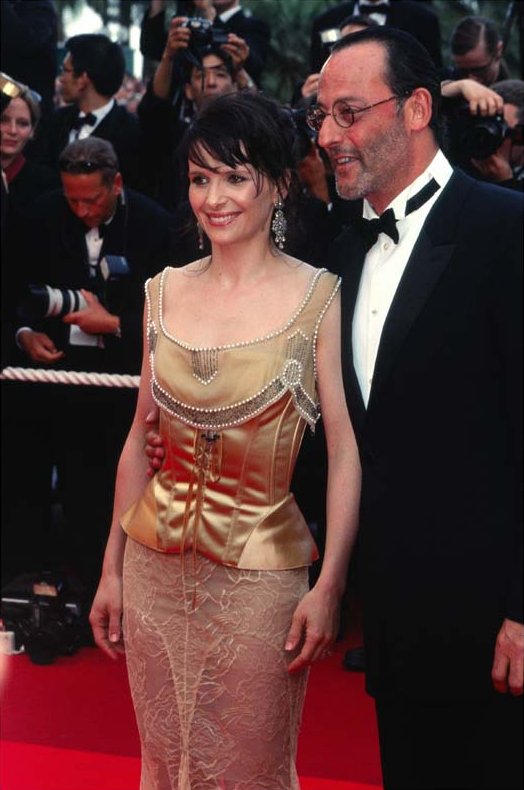
Juliette Binoche was born in Paris to parents Jean-Marie Binoche and Monique Yvette Stalens. Her father, who is French with some Portuguese-Brazilian ancestry, and her mother, who was born in Poland, were both involved in the arts, with her father being a director, actor, and sculptor, and her mother a teacher, director, and actress.
Following her parents' divorce when she was four years old, Binoche and her sister Marion were sent to a provincial boarding school. During their teenage years, they spent their school holidays with their maternal grandmother, which led to a feeling of parental abandonment for Binoche.
Despite not being particularly academic, Binoche began acting in amateur stage productions during her teens, and at seventeen, she directed and starred in a student production of Eugène Ionesco's play "Exit the King." She briefly studied acting at the Conservatoire National Supérieur d'Art Dramatique (CNSAD) but left due to dissatisfaction with the curriculum. Instead, she found an agent through a friend and joined a theater troupe, touring France, Belgium, and Switzerland under the pseudonym "Juliette Adrienne." During this time, she also took lessons with acting coach Vera Gregh.
Binoche's professional screen debut came with minor roles in television series and films, including "Dorothée, danseuse de corde" (1983) directed by Jacques Fansten and "Fort bloque" (1983) directed by Pierrick Guinnard. Her first feature film appearance was in Pascal Kané's "Liberty Belle" (1983), which inspired her to pursue a career in film.
Binoche's early films established her as a French star with notable performances in various roles. In 1983, she auditioned for Jean-Luc Godard's "Hail Mary," despite having only a few scenes in the final cut. She then appeared in supporting roles in films such as "Les Nanas" and "Family Life," where she began to garner attention for her talent.
However, it was her role in André Téchiné's "Rendez-vous" in 1985 that catapulted Binoche to stardom. Despite being a last-minute replacement, her performance earned critical acclaim, and the film won Best Director at Cannes. This marked a turning point in her career, with Film Comment describing it as her "career-defining performance."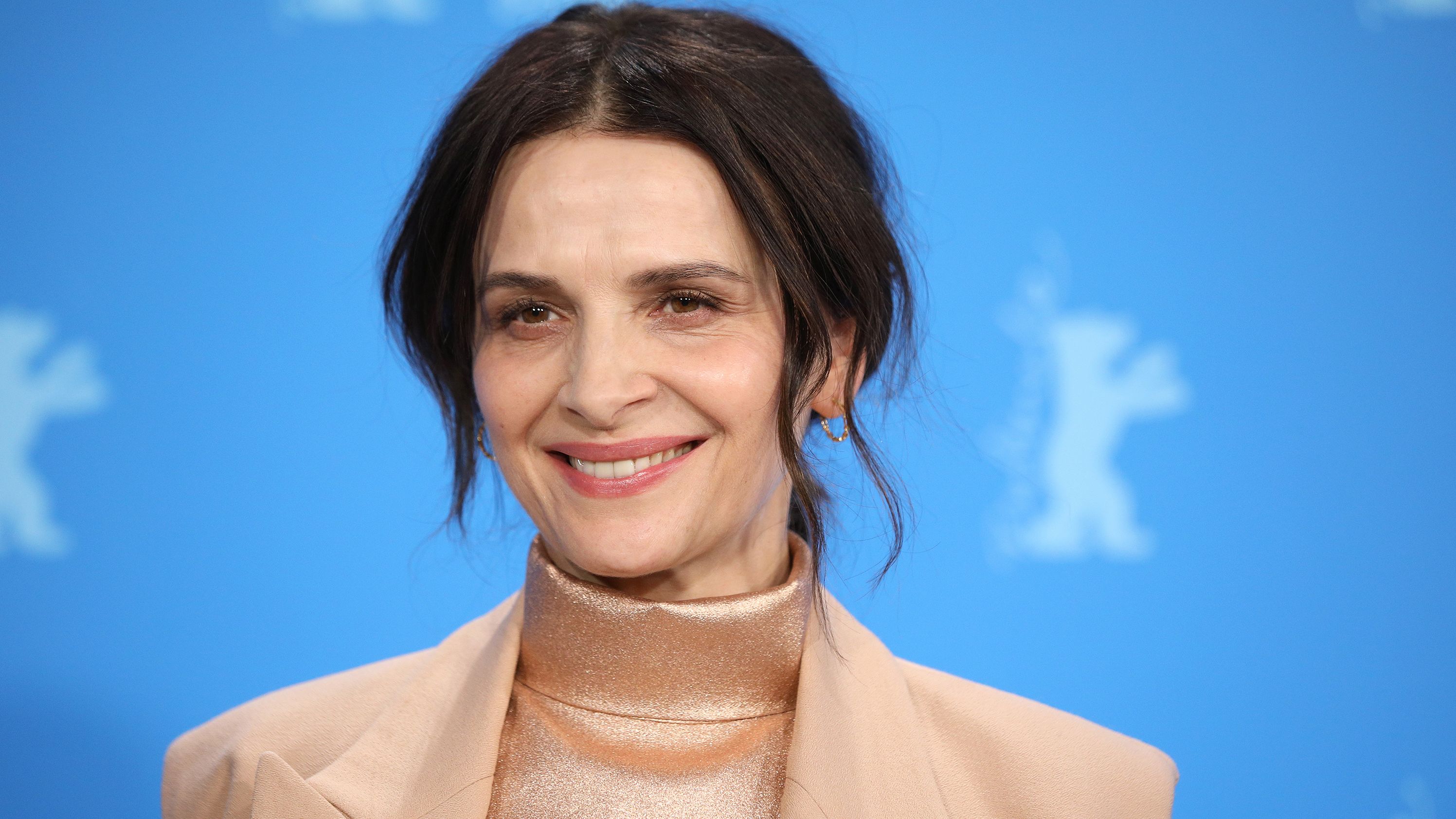
Following the success of "Rendez-vous," Binoche continued to impress with roles in films like "My Brother-in-Law Killed My Sister" and "Mauvais Sang," which earned her a second César nomination. She then ventured into English-language cinema with Philip Kaufman's "The Unbearable Lightness of Being" in 1988, which further expanded her international recognition.
Despite her success, Binoche decided to return to France to work on projects like "Les Amants du Pont-Neuf" with Leos Carax. The film faced challenges during production but was ultimately a critical success, earning Binoche her third César nomination.
At this juncture, Binoche had to make decisions about her career path, considering offers from international productions while maintaining her status in French cinema. She ultimately chose to pursue an international career, marking a new chapter in her journey as an actress.
In the 1990s, Juliette Binoche ventured into a series of critically acclaimed and commercially successful international films, solidifying her reputation as an actress of remarkable talent and versatility. During this period, her on-screen persona evolved from that of a young ingénue to a more nuanced, melancholic presence, earning her praise and accolades.
Following her role in "Les Amants du Pont-Neuf," Binoche relocated to London for two significant productions in 1992: "Wuthering Heights" and "Damage." Despite the anticipation surrounding these projects, both presented challenges for Binoche. In "Wuthering Heights," her casting as Cathy sparked controversy and criticism from the British press, and the film received poor reviews upon its release. Similarly, "Damage," directed by Louis Malle, faced production difficulties and mixed reviews, but Binoche's performance earned her a fourth César nomination.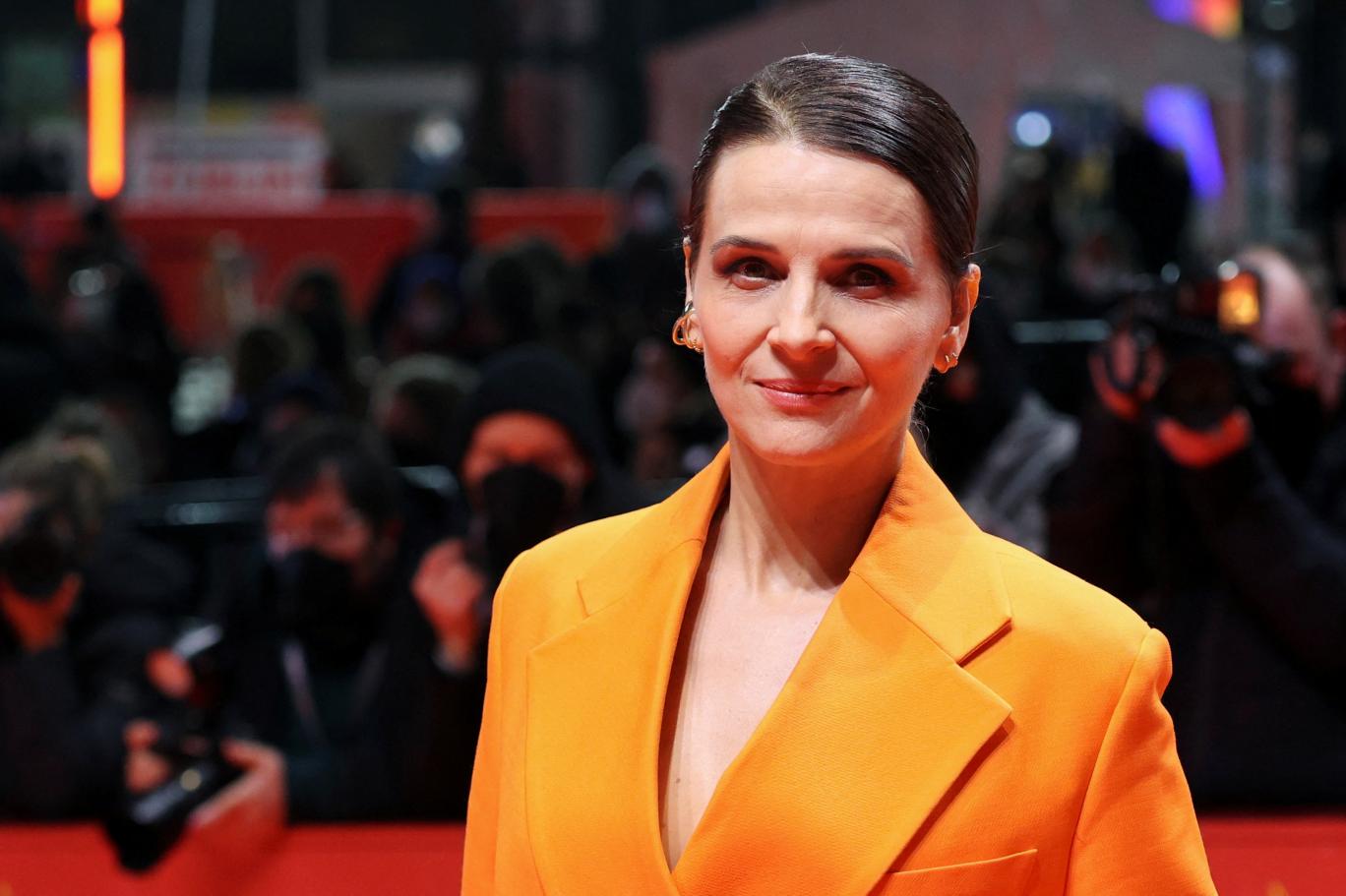
In 1993, Binoche delivered a landmark performance in Krzysztof Kieślowski's "Three Colours: Blue," portraying a grieving widow who withdraws from the world after losing her family in a car accident. The film garnered widespread acclaim, earning Binoche the Best Actress Prize at the Venice Film Festival, a César award, and a Golden Globe nomination. Her portrayal was deeply influenced by personal experiences and literary inspirations, showcasing her emotional depth and range as an actress.
Despite offers from Steven Spielberg for roles in "Jurassic Park" and "Schindler's List," Binoche chose to pursue diverse projects that allowed her to explore different genres and collaborate with esteemed directors. She continued to impress with roles in films like "The Horseman on the Roof" and "A Couch in New York," showcasing her versatility as both a romantic heroine and a comedic talent.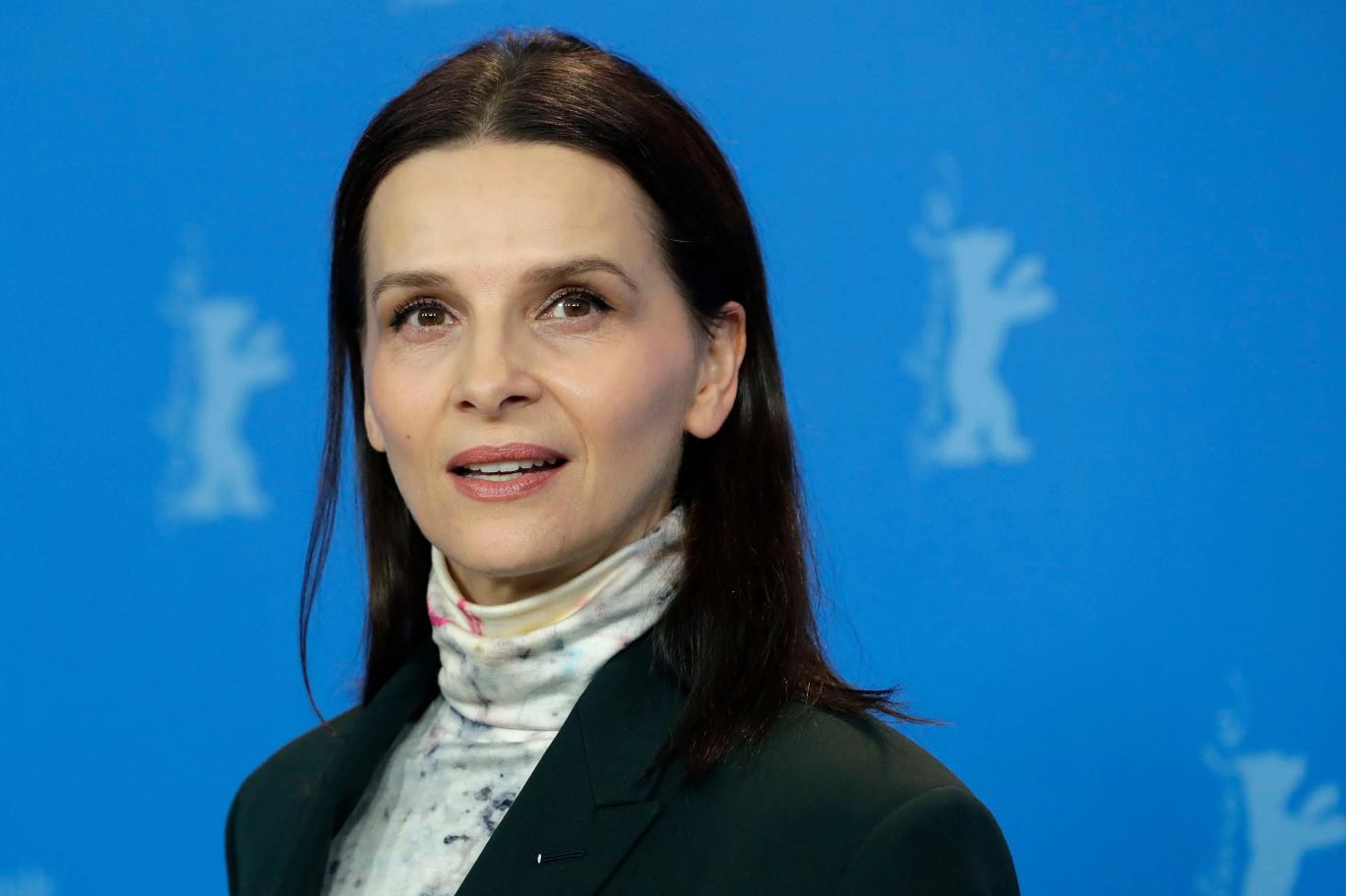
Her career reached new heights with "The English Patient" in 1996, directed by Anthony Minghella, where she portrayed a compassionate nurse opposite Ralph Fiennes. The film was a critical and commercial success, earning Binoche an Academy Award for Best Supporting Actress, making her the second French actress to win an Oscar.
However, not all experiences during this period were positive. Binoche's departure from Claude Berri's "Lucie Aubrac" due to creative differences was a significant setback for her, highlighting the challenges and uncertainties faced by even established actors in the industry.
Overall, the 1990s marked a transformative period in Juliette Binoche's career, showcasing her exceptional talent and cementing her status as an international film star.
References
- Brooks, Xan (10 May 2015). "Juliette Binoche: 'Depardieu wanted to kill me. But I am still here'". The Guardian. Retrieved 10 August 2023.
- ^ "Monique Stalens | Actress". IMDb. Retrieved 28 January 2024.
- ^ Juliette Binoche, 'Breaking and Entering' Archived 8 November 2012 at the Wayback Machine, Debruge, Peter; Variety, 12 December 2006. Retrieved 18 April 2011
- ^ "Ancêtres de Juliette Anne Marie Binoche". Illus-tree.voila.net. Archived from the original on 2 December 2013. Retrieved 19 April 2014.
- ^ David Kaufman (29 November 2009). "A Starry Night in Morocco". The Daily Beast. Retrieved 19 April 2014.
- a b "Częstochowa & Juliette Binoche". Womkat.edu.pl. Archived from the original on 3 December 2013. Retrieved 19 April 2014.
- ^ "Moja babcia była Polką". Czestochowa.naszemiasto.pl (in Polish). 13 April 2007. Archived from the original on 2 December 2013. Retrieved 19 April 2014.
- ^ Juliette Binoche: Femme Fatale, Groskop, Viv; The Daily Telegraph (London), 1 September 2007. Retrieved 18 April 2011
- ^ "Częstochowa & Juliette Binoche : Summary". Womkat.edu.pl. Archived from the original on 4 March 2016. Retrieved 19 April 2014.
- Inside the Actors Studio; Lipton, James; 27 October 2002; season 9, episode 2
- ^ Imagine...: Dangerous Liaisons, When Akram met Juliette; Yentob, Alan; 14 October 2008. Retrieved 18 April 2011
- L'Année Juliette; Première, September 1995; issue 222, p 83; (French language)
- ^ The Sunshine Girls; Bignell, Darren; Empire, March 1997; iss 94, p 63
- ^ Juliette Binoche Biography Britannica Online Encyclopedia. Retrieved 18 April 2011

